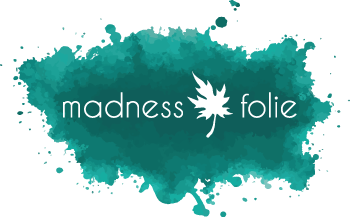Component Evaluation: Mobile as Metaphor
Component Evaluation: MoVay’s Way – Mobile as Metaphor Timing: 30 Minutes, flexible Mode: Online MoVay’s Way is an art intervention, a nuanced call for broader approaches to wellbeing that value the spiritual, the social, and the physical. MoVay’s creator is focusing on the importance of balance, and this learning activity invites students to consider the …


 Français
Français